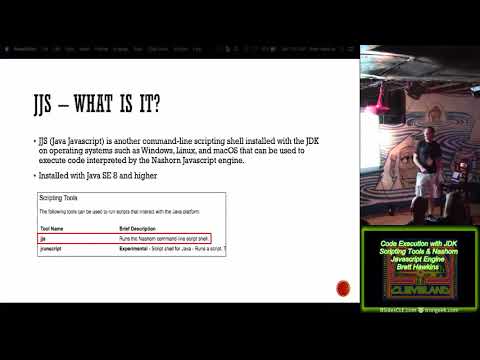Description:
Explore code execution techniques using JDK scripting tools and the Nashorn Javascript Engine in this BSides Cleveland 2018 conference talk. Delve into the history of JDK versions, discover jrunscript and its syntax, and learn how to extend Java programming capabilities. Gain insights on downloading files, executing system commands, and running local and remote scripts. Examine the advantages and disadvantages for offensive operations, including a demonstration of a base64 encoded one-liner reverse shell. Understand detection methods such as command line logging, user agent string monitoring, and process monitoring. Discover prevention strategies like application whitelisting and JDK uninstallation. Enhance your knowledge of both offensive and defensive aspects of JDK scripting tools in this comprehensive security presentation.

Code Execution with JDK Scripting Tools Nashorn Javascript Engine
Add to list
#Conference Talks
#Information Security (InfoSec)
#Cybersecurity
#Penetration Testing
#Reverse Shell